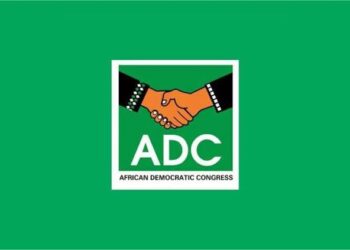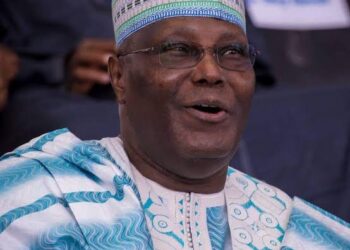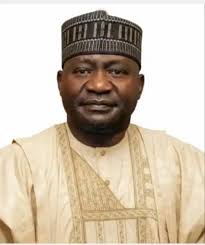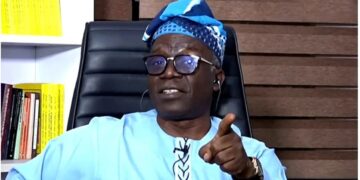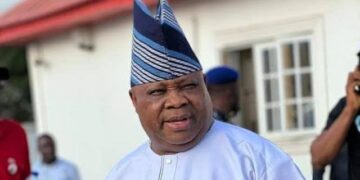Introduction
Afrobeats is more than just music but a movement. Born in Nigeria and influenced by African rhythms, jazz, funk, and highlife, it has evolved into a global cultural phenomenon. From the politically charged songs of Fela Kuti in the 1970s to the Grammy-winning hits of Burna Boy, Afrobeats tells the story of Africa’s pride, struggles, and creativity. In this article, we explore the history of Afrobeats, tracing its roots, growth, and worldwide influence.
Origins: The Birth of Afrobeat (1970s)
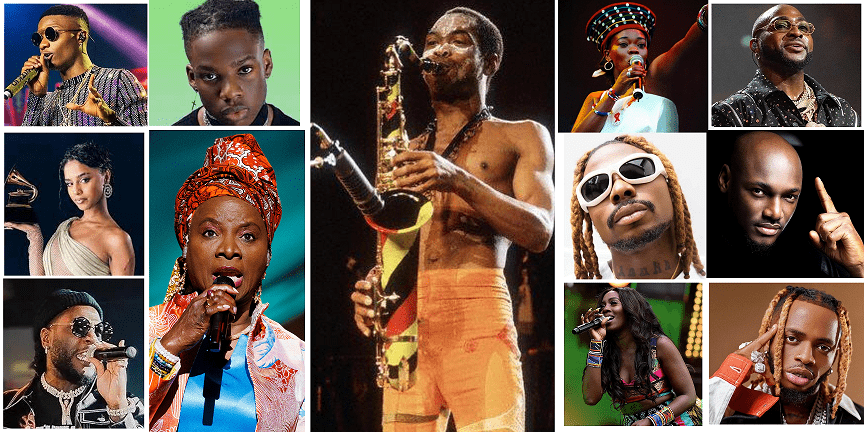
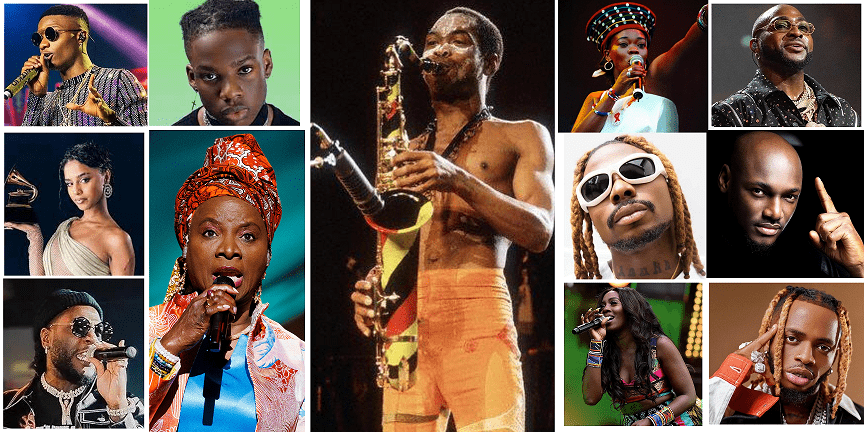
History of Afrobeats: From Fela to the Global Stage
Before there was Afrobeats (with an “s”), there was Afrobeat, pioneered by the legendary Fela Aníkúlápó Kuti and drummer Tony Allen in Nigeria.
- Afrobeat combined highlife, jazz, funk, and Yoruba rhythms.
- Fela’s lyrics were often political, addressing corruption, colonialism, and social injustice.
- Songs like Zombie and Water No Get Enemy became anthems of resistance.
Afrobeat’s long, instrumental-heavy arrangements and powerful horn sections set the stage for the future.
Transition to Afrobeats (2000s)
The modern Afrobeats movement emerged in the late 2000s as a fusion of African pop, dancehall, R&B, and hip-hop.
- Artists like 2Baba (2face Idibia) and D’banj brought a more radio-friendly, upbeat sound.
- The “s” in Afrobeats represents a broader, more inclusive genre that embraces multiple African styles.
- Producers like Don Jazzy and Sarz became instrumental in crafting catchy, globally appealing beats.
Afrobeats Goes International (2010s)
By the 2010s, Afrobeats began crossing borders:
- Wizkid collaborated with Drake on One Dance, topping charts worldwide.
- Davido’s Fall became one of the most-streamed Afrobeats songs ever.
- Tiwa Savage signed with Universal Music, bringing female empowerment to the forefront.
International festivals and radio stations started dedicating space to Afrobeats, and Western artists began integrating African rhythms into their own music.
The Global Explosion (2020s)
The 2020s cemented Afrobeats as a dominant force in world music:
- Burna Boy won a Grammy Award for Twice as Tall and was nominated multiple times.
- Tems featured on Essence with Wizkid, earning global acclaim and a Grammy win for her work on Wait For U.
- Streaming platforms like Spotify and Apple Music created dedicated Afrobeats playlists.
Major music hubs like London, New York, and Toronto became hotbeds for Afrobeats concerts and events.
Cultural Impact Beyond Music
Afrobeats has influenced:
- Fashion: Ankara prints, bold colors, and African-inspired streetwear.
- Dance: Moves like “Shaku Shaku” and “Zanku” went viral on TikTok.
- Film: Nollywood soundtracks now feature Afrobeats hits, reaching wider audiences.
This cultural integration has turned Afrobeats into a symbol of African pride and identity.
Challenges and the Future
While Afrobeats is on the rise, it faces:
- Genre Label Confusion: Some artists prefer “African pop” or “Afrofusion” over Afrobeats.
- Copyright Issues: Piracy still affects music sales in Africa.
- Over-Commercialization: Critics worry about losing authentic African sounds in the push for global appeal.
Still, with global recognition, more investment in African music infrastructure, and an ever-growing fan base, Afrobeats shows no signs of slowing down.
Conclusion
From the politically charged Afrobeat era of Fela Kuti to the Grammy stage with Burna Boy, Afrobeats has traveled an incredible journey. It is not just music it is Africa’s voice to the world. As more African artists break into international markets, the history of Afrobeats continues to be written, one beat at a time.



